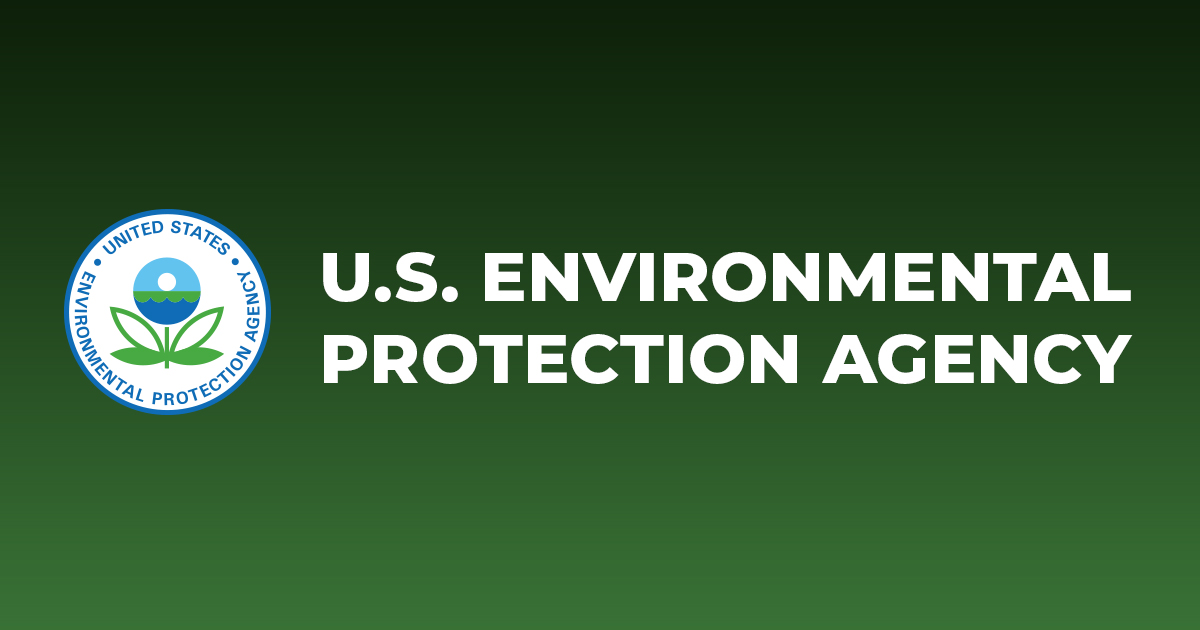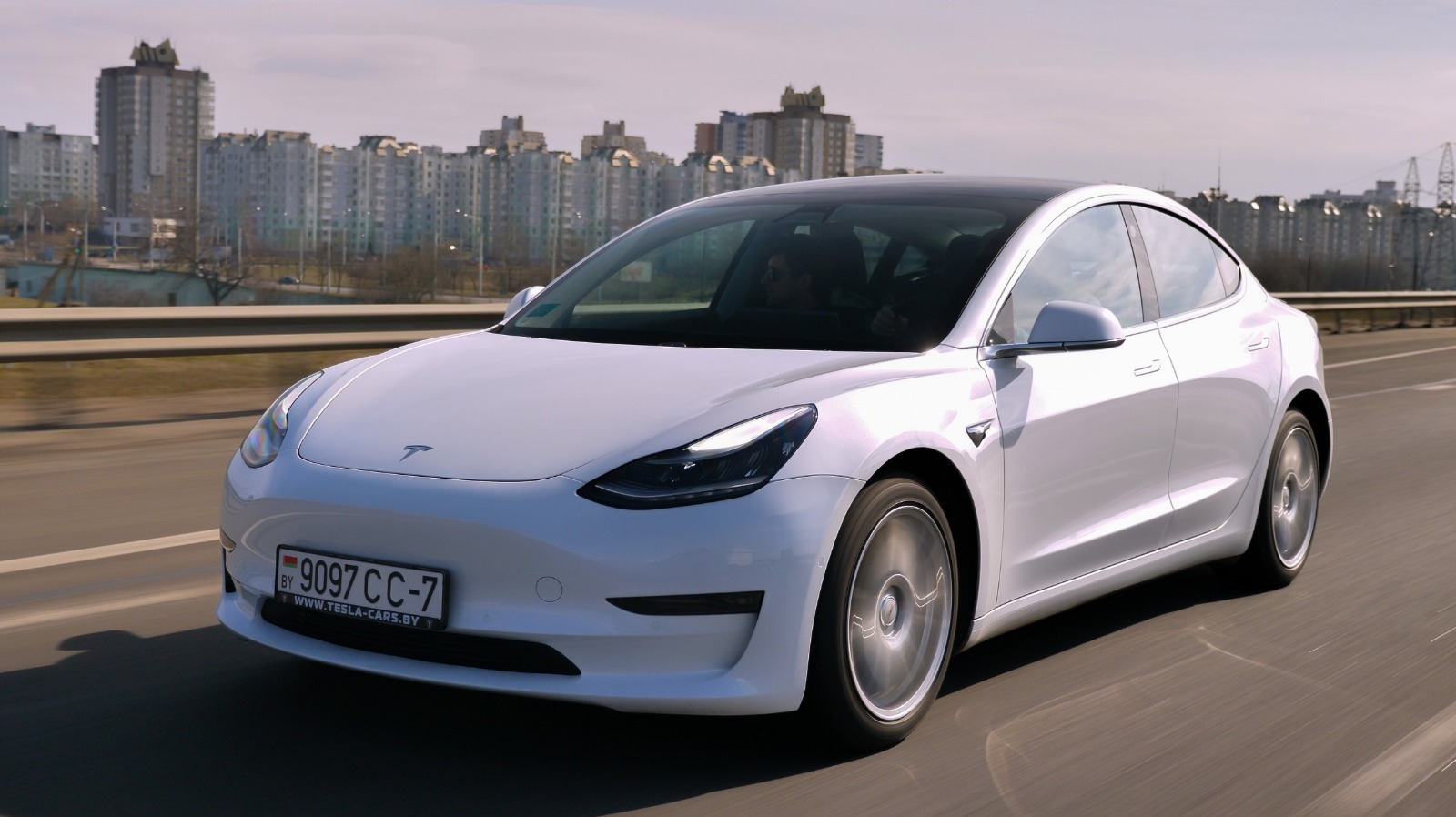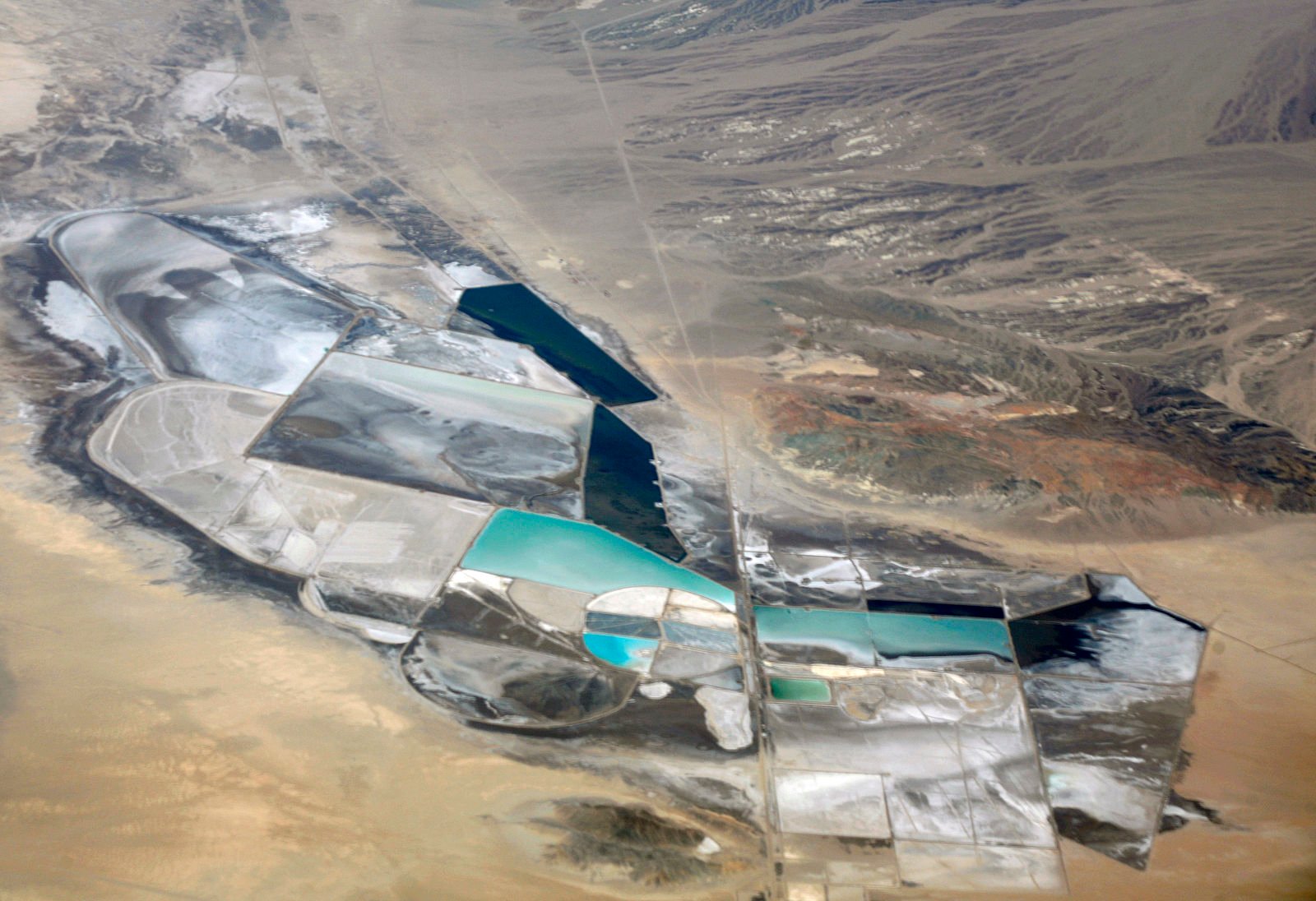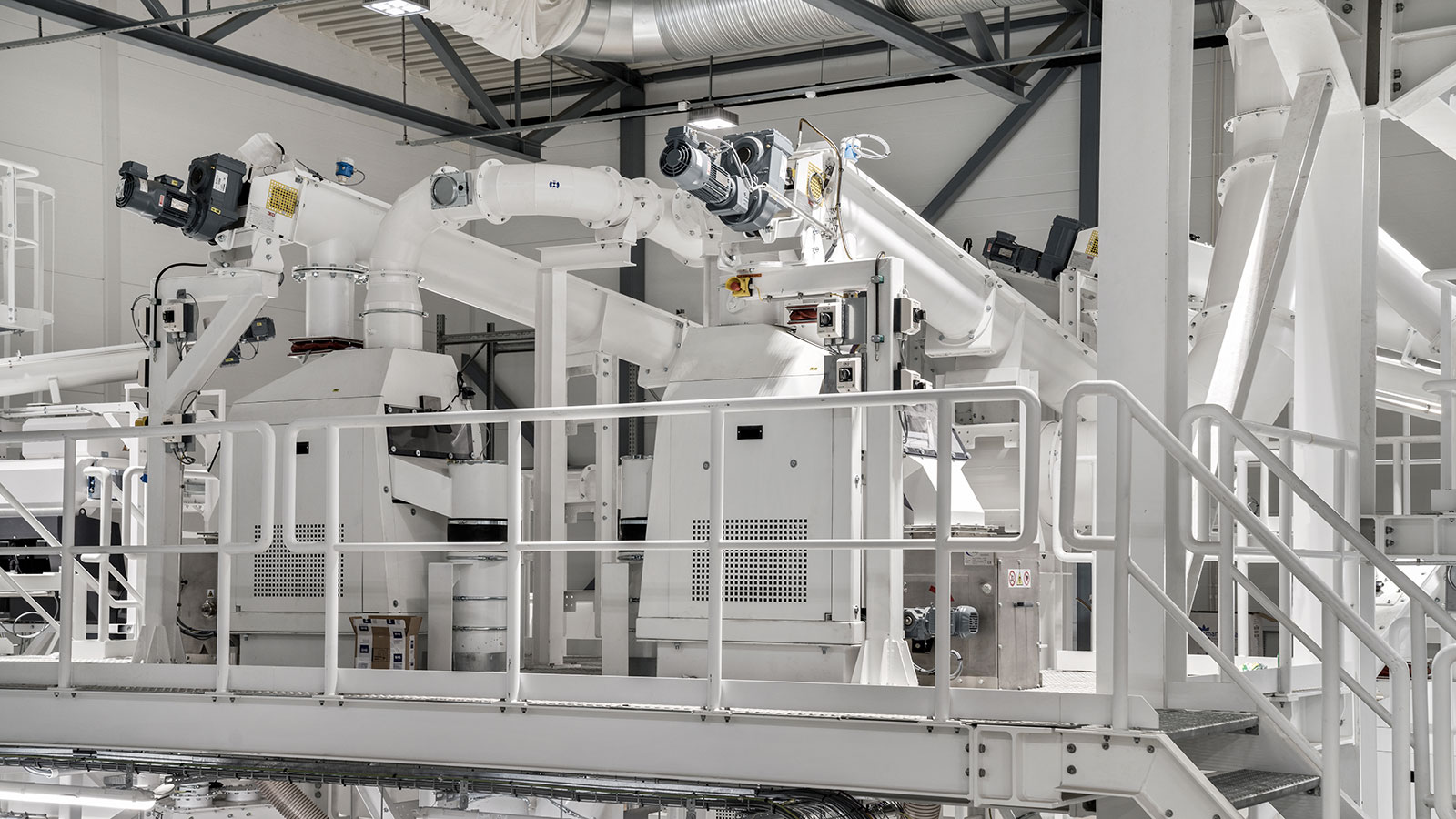Electric motors have sealed bearings that are designed to last the life of the motor. Depending on where you live, your EV could succumb to rust before the motors, including their sealed, permanently lubricated bearings, wear out. The lubricant requirements of EVs are substantially less than ICEVs. One thing for sure you will not have is an "oil change" every 5,000 miles.
Whether any particular EV will require lubricants will depend on how it was designed, but in any event, the requirements are far less than any ICEV.
If you are interested, here is a comparison of ownership costs in the first 100,000 miles.
https://insideevs.com/news/317307/ev-vs-ice-maintenance-the-first-100000-miles/ It's an EV site, and may be biased, however, even organizations like Consumer Reports conclude maintenance costs, overall, are far less than ICEV - and I am sure the substantial reduction in lubricant needs contribute to that.
The thing that makes this unusual is the number of cow deaths.
New battery tech on the horizon is yet another thing the ICErs can conveniently ignore.
While the aluminum batteries that I linked are not currently running a pilot manufacturing program for EVs, they are making button and "pack" batteries, pack batteries being for tablets and cell phones. The interesting thing about that is that they are drop-in replacements for the equivalent lithium batteries. They plan on using what they learn in that pilot program to then apply that to manufacturing batteries for EVs. Interestingly enough, the electrolyte in the aluminum batteries is urea.


www.epa.gov






